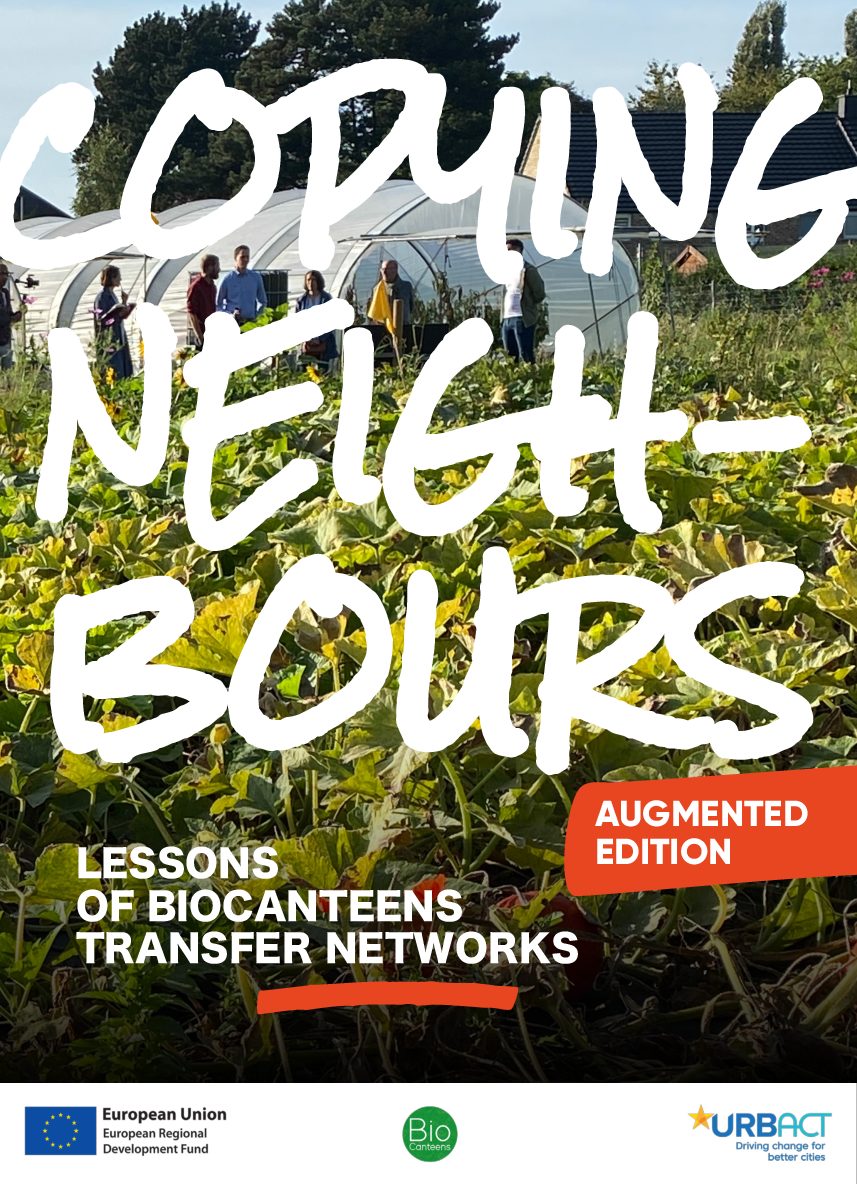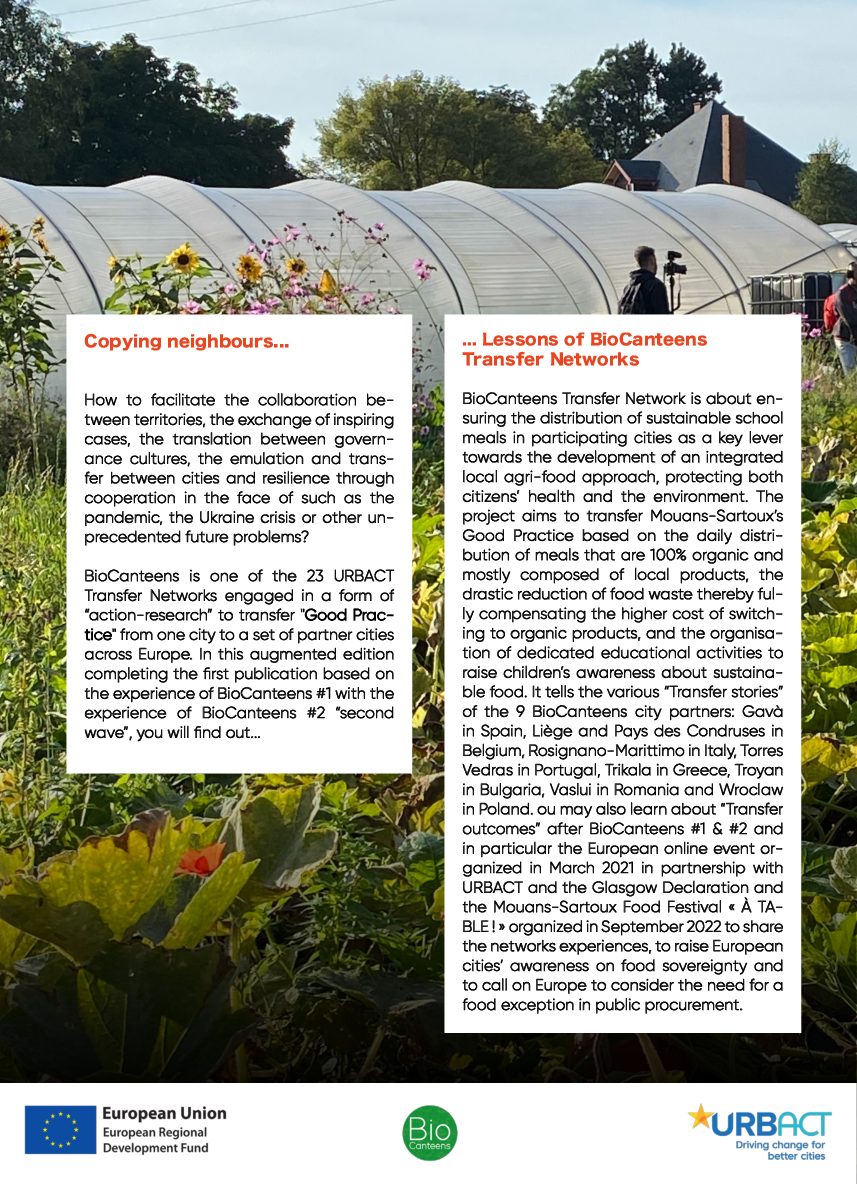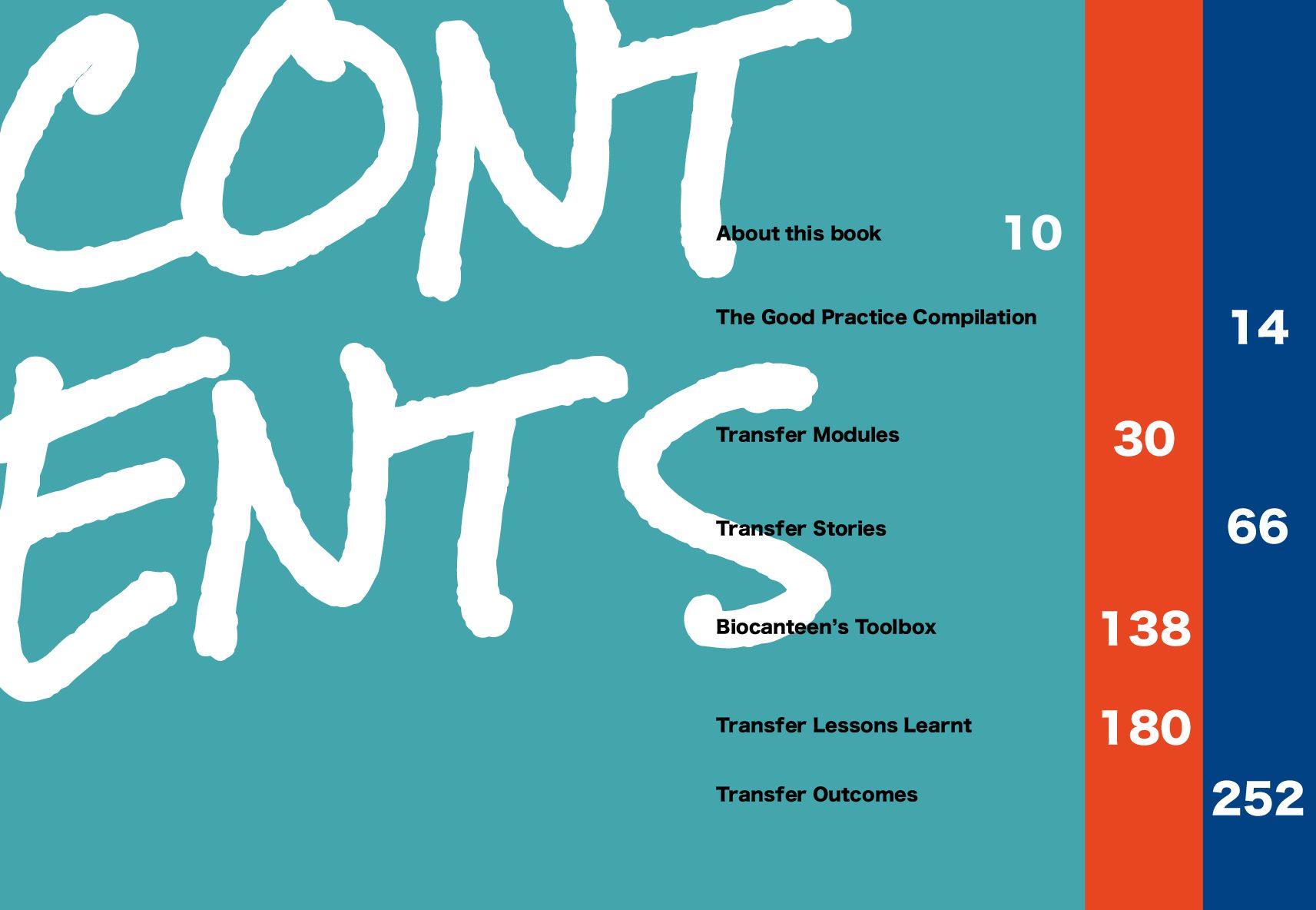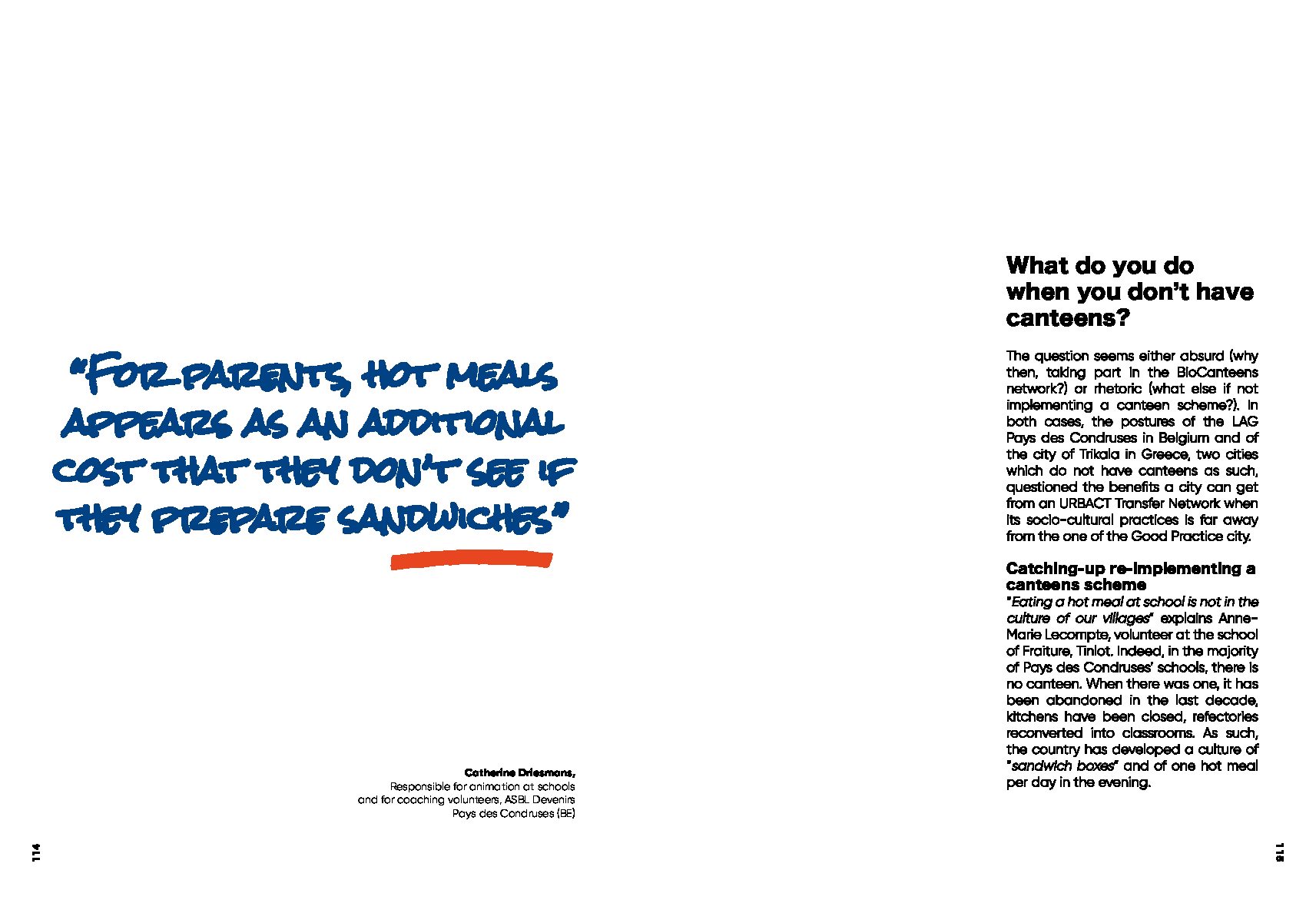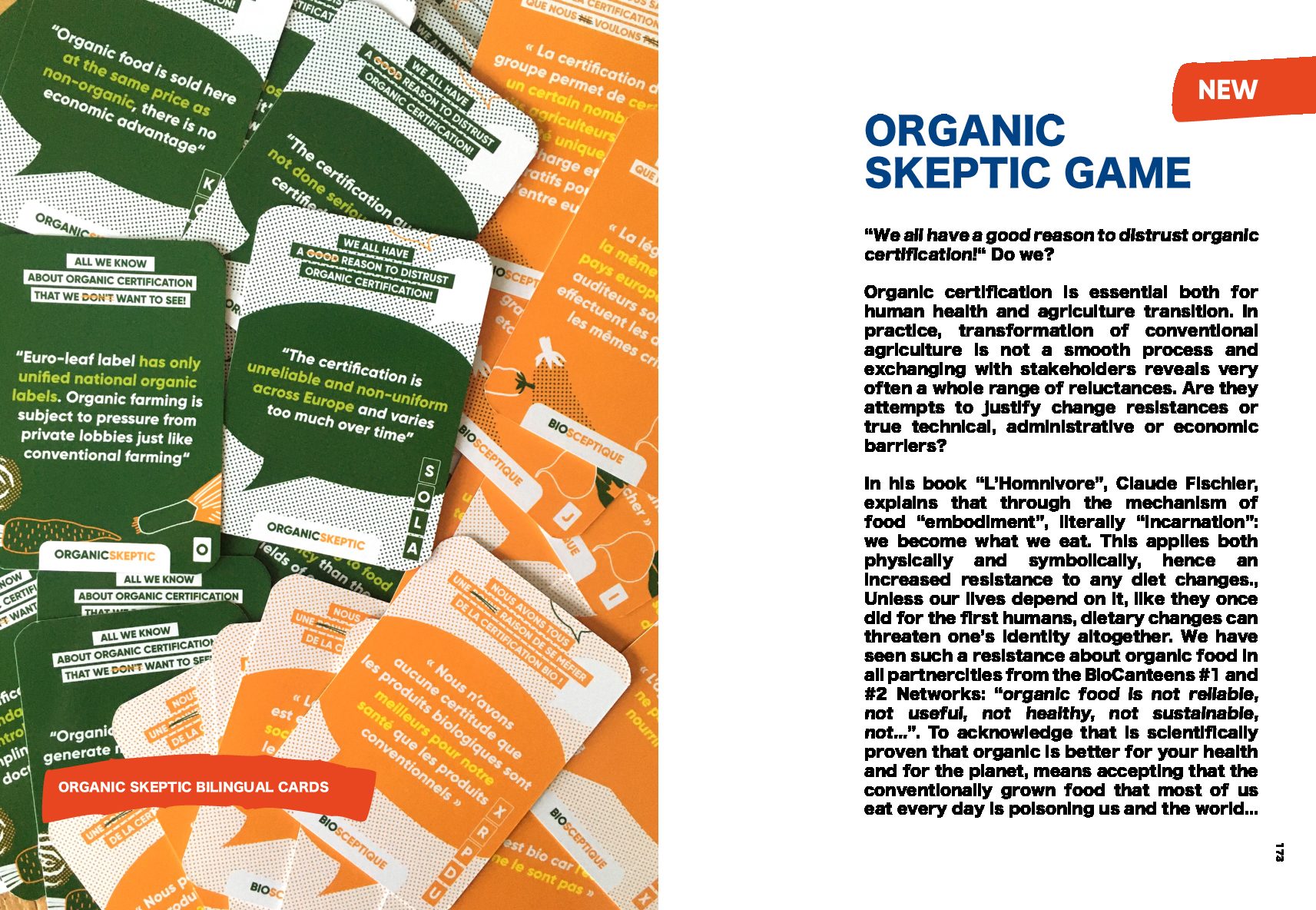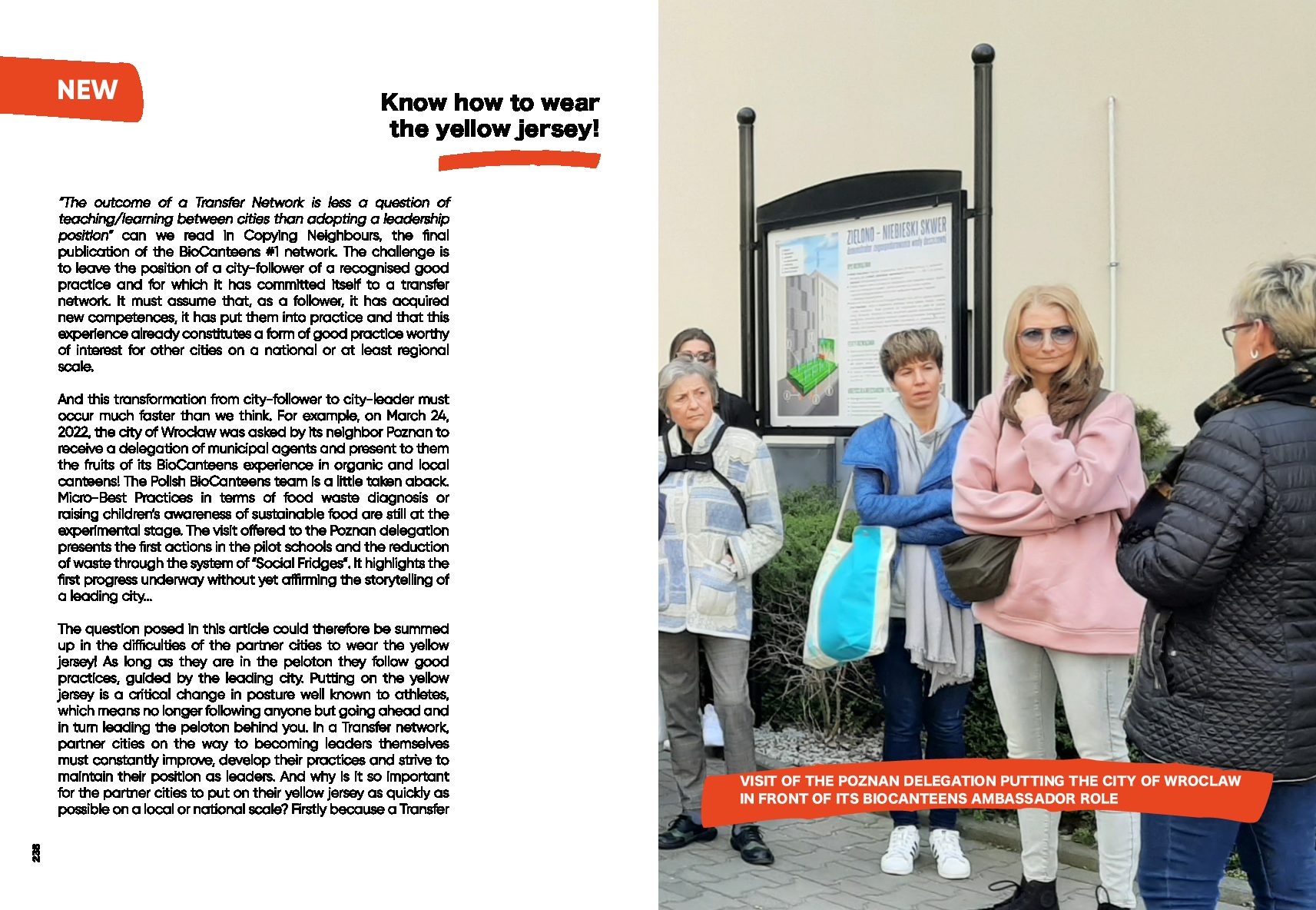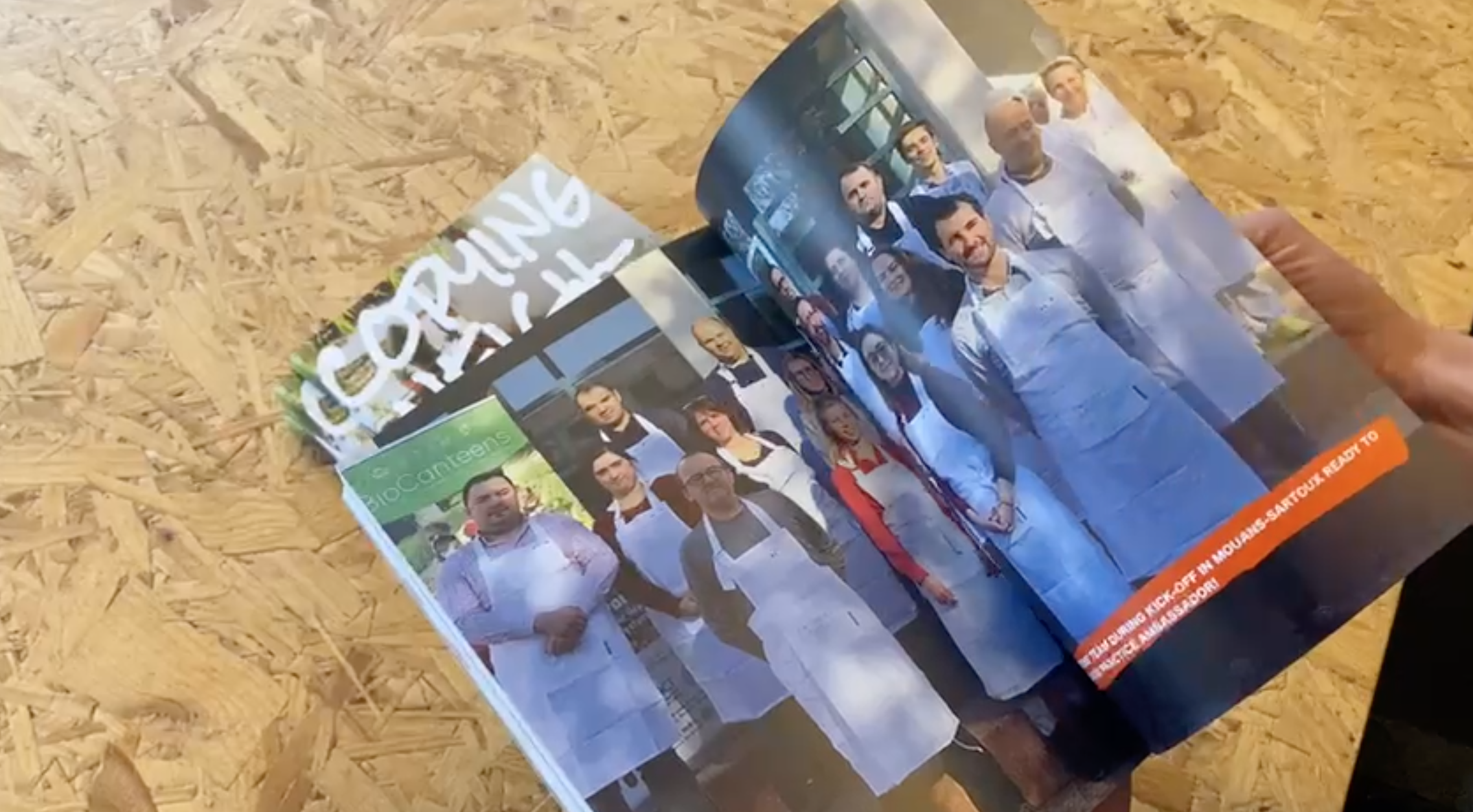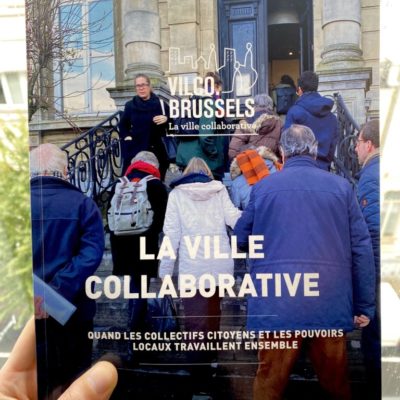Description
Copying Neighbours…
How to facilitate the collaboration between territories, the exchange of inspiring cases, the translation between governance cultures, the emulation and transfer between cities and resilience through
cooperation in the face of such as the pandemic, the Ukraine crisis or other unprecedented future problems?
BioCanteens is one of the 23 URBACT Transfer Networks engaged in a form of “action-research” to transfer « Good Practice » from one city to a set of partner cities across Europe. In this augmented edition completing the first publication based on the experience of BioCanteens #1 with the experience of BioCanteens #2 “second wave”, you will find out…
… Lessons of BioCanteens transfer Networks.
BioCanteens Transfer Network is about en- suring the distribution of sustainable school meals in participating cities as a key lever towards the development of an integrated local agri-food approach, protecting both citizens’ health and the environment. The project aims to transfer Mouans-Sartoux’s Good Practice based on the daily distri- bution of meals that are 100% organic and mostly composed of local products, the drastic reduction of food waste thereby ful- ly compensating the higher cost of switch- ing to organic products, and the organisa- tion of dedicated educational activities to raise children’s awareness about sustainable food. It tells the various “Transfer stories” of the 9 BioCanteens city partners: Gavà in Spain, Liège and Pays des Condruses in Belgium, Rosignano-Marittimo in Italy, Torres Vedras in Portugal, Trikala in Greece, Troyan in Bulgaria, Vaslui in Romania and Wroclaw in Poland. You may also learn about “Transfer outcomes” after BioCanteens #1 & #2 and in particular the European online event organized in March 2021 in partnership with URBACT and the Glasgow Declaration and the Mouans-Sartoux Food Festival « À TABLE ! » organized in September 2022 to share the networks experiences, to raise European cities’ awareness on food sovereignty and to call on Europe to consider the need for a food exception in public procurement.

